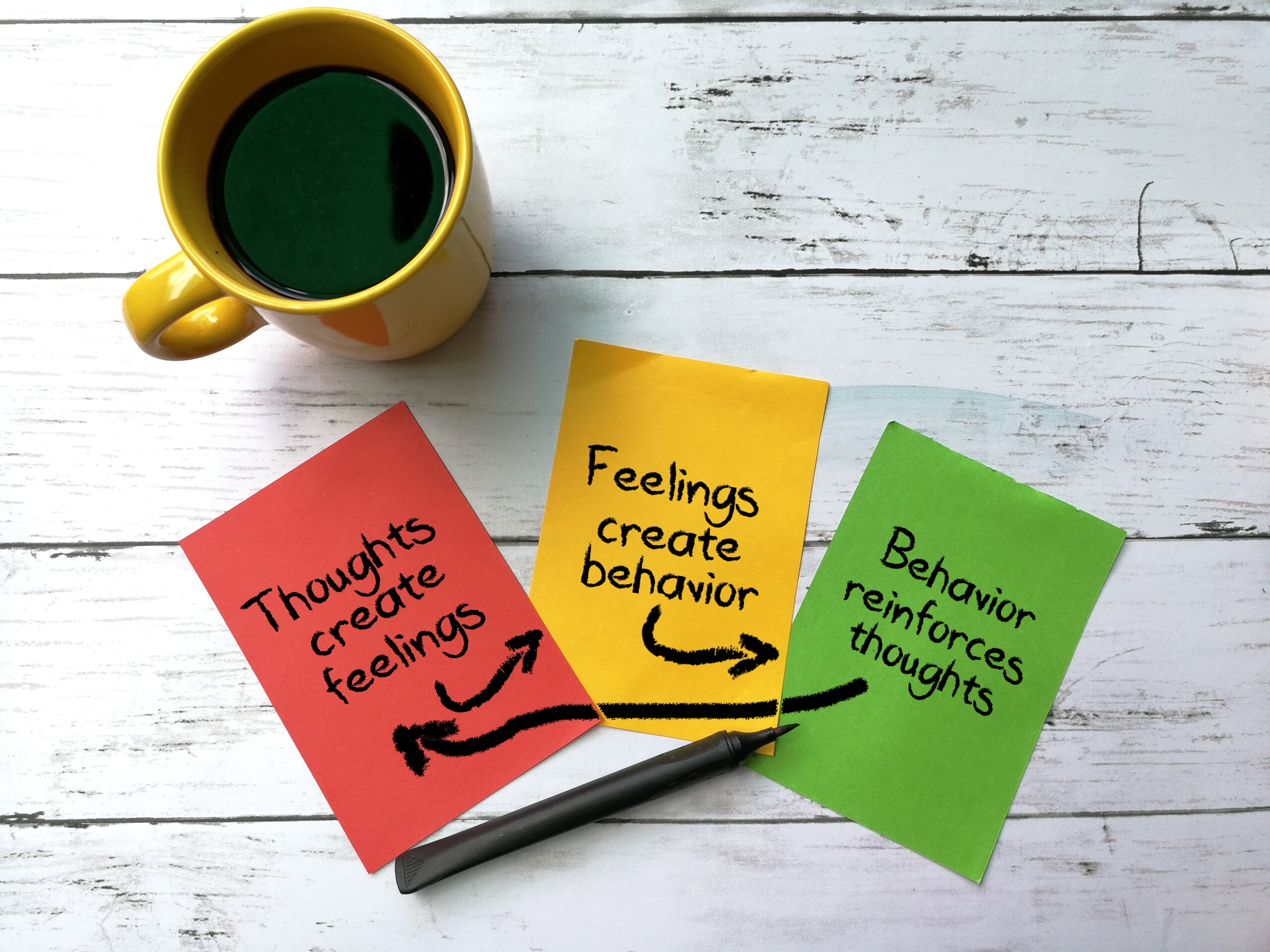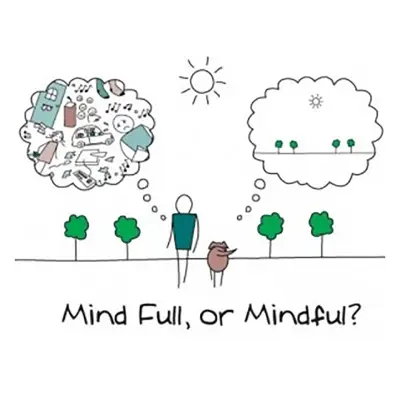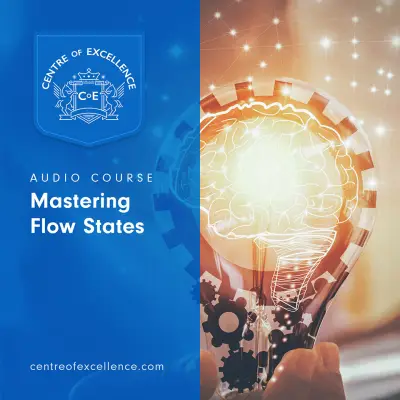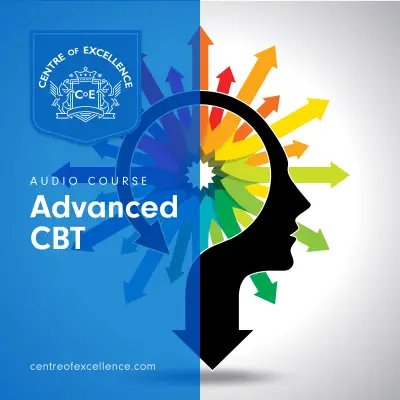Navigating the aftermath of trauma can be a challenge. It's a journey that many find overwhelming, particularly when finding the right support and treatment. Cognitive Behavioural Therapy (CBT) for trauma is a therapeutic approach that has shown significant promise in helping individuals work through their traumatic experiences.
This blog post covers CBT for trauma in detail, breaking down its components, effectiveness, and how it compares to other forms of therapy.
Jump to:
Understanding Trauma and Its Impact
Trauma results from deeply distressing or disturbing experiences that can leave someone feeling helpless, threatened, and with lasting psychological impacts. It's not just the event but how your mind and body react. Trauma can stem from a variety of experiences, such as accidents, abuse, loss, or natural disasters.
What is CBT for Trauma?

CBT for trauma, or trauma-focused cognitive behavioural therapy (TF-CBT), is a specific type of cognitive-behavioural therapy tailored to meet the needs of those who are struggling with the aftermath of trauma. This approach combines cognitive and behavioural strategies to help people understand and change their thought patterns and behaviours that are causing or contributing to their distress.
Can CBT Heal Trauma?

Healing from trauma is a personal and intricate process. CBT for trauma can significantly help in this journey by equipping people with the tools to manage their symptoms and by providing a platform for them to process and work through their traumatic experiences.
The Stages of CBT for Trauma - What to Expect

CBT for trauma typically unfolds in several stages:
Stabilisation
The first stage, stabilisation, is all about laying a foundation of safety and security. When someone has experienced trauma, their sense of safety is often shaken to the core. It's essential, therefore, to re-establish a sense of normalcy and safety before diving into the trauma narrative itself.
During this stage, therapists work with people to develop coping strategies that can help manage emotional distress. These strategies might include techniques for relaxation, emotional regulation, and grounding exercises that can help people stay connected to the present moment, especially when memories of the trauma become overwhelming. This stage is about building resilience and ensuring the individual feels supported and safe enough to move forward in their healing journey.
Trauma Narrative and Processing
Once a stable foundation has been established, the next step is the trauma narrative and processing. This stage is where the heart of the healing occurs. People are encouraged to share their traumatic experiences, recounting them in a safe and supportive environment. This process can be challenging, as it involves confronting painful memories and emotions.
It’s an important step in healing, as it allows people to process their experiences in a new light, transforming the relationship with the memories of that trauma. Through guided therapy sessions, individuals learn to understand their trauma, identify and challenge any negative thoughts or beliefs that have arisen as a result, and start to reframe their experiences.
Integration and Consolidation
The final stage, integration and consolidation, focuses on integrating the processed memories and the insights from therapy into daily life. This stage is about moving forward with a healthier perspective, utilising the coping strategies and cognitive changes developed to further build resilience.
This stage is also about recognising growth, reclaiming power over your life, and finding meaning after trauma. It’s a time for people to reflect on their journey, acknowledge their strength and resilience, and envision a future not defined by their past trauma.
Exposure Therapy
Exposure therapy is a key technique within trauma-focused cognitive behavioural therapy. Usually taking place within the integration and consolidation stage, it helps people confront and process traumatic memories in a safe and controlled environment.
By gradually exposing people to the thoughts, memories, and situations they've been avoiding, it aims to reduce the power these have over their emotional well-being. Conducted under the careful guidance of a therapist, exposure therapy helps people develop coping strategies to manage their emotional responses, developing resilience and reducing symptoms of PTSD. This approach is key in breaking the cycle of avoidance and fear, enabling people to face past traumas and move forward with renewed strength and empowerment.
Duration of Trauma-Focused CBT
The duration of trauma-focused CBT can vary depending on the person’s needs. Typically, TF-CBT can last anywhere from 12 to 20 sessions, but this can be adjusted to accommodate the pace at which a person is comfortable progressing.
Effectiveness and Benefits of Trauma-Focused CBT
Research shows that TF-CBT is highly effective in reducing symptoms of PTSD (Post-Traumatic Stress Disorder), anxiety, and depression in those who have experienced trauma. It helps in improving emotional regulation and enhances personal resilience. Benefits include:
- Reduction in PTSD Symptoms: TF-CBT is particularly effective in decreasing the severity of Post-Traumatic Stress Disorder symptoms, including flashbacks, nightmares, and severe anxiety, allowing individuals to regain a sense of normalcy in their lives.
- Decreased Anxiety and Depression: By addressing the root causes of trauma, TF-CBT helps reduce feelings of anxiety and depression, leading to improved mental health and well-being.
- Improved Emotional Regulation: Individuals who undergo TF-CBT learn valuable techniques for managing their emotions, which can help reduce emotional outbursts and feeling overwhelmed.
- Increased Personal Resilience: TF-CBT builds resilience by confronting and processing traumatic events, empowering individuals to face future challenges with greater confidence and strength.
- Enhanced Coping Strategies: TF-CBT equips individuals with effective coping mechanisms for dealing with stress, trauma triggers, and other distressing situations, promoting healthier ways to manage adversity.
- Better Relationships: Those who work through their trauma often experience improved relationships. Understanding and processing traumatic experiences can enhance communication skills, empathy, and emotional closeness with others.
- Greater Self-Esteem: Overcoming trauma-related challenges can significantly boost an individual's self-esteem and self-worth, contributing to a more positive self-image.
- Long-Term Mental Health Benefits: The skills and strategies learned during TF-CBT have long-lasting effects, providing individuals with tools they can use throughout their lives to maintain their mental health and well-being.
- Reduction in Avoidance Behaviours: TF-CBT helps individuals confront rather than avoid traumatic memories, leading to a decrease in avoidance behaviours that can restrict their lives.
- Empowerment: TF-CBT fosters a sense of empowerment as people learn that they can control their thoughts and reactions and are not defined by their past experiences.
Trauma-Focused CBT vs. Traditional CBT
While traditional CBT addresses a broad range of psychological issues by changing negative thought patterns and behaviours, trauma-focused CBT is specifically designed for trauma-related problems. TF-CBT includes techniques such as exposure therapy to help people confront and reprocess their traumatic memories, a component that is not always emphasised in standard CBT.
Here's a comparison table to illustrate the differences between Trauma-Focused CBT (TF-CBT) and Traditional CBT:
| Feature | Trauma-Focused CBT (TF-CBT) | Traditional CBT |
| Focus | Specifically designed for trauma-related issues. | Addresses a broad range of psychological issues. |
| Techniques | Includes exposure therapy to help individuals confront and reprocess traumatic memories. | Utilises cognitive restructuring and behavioural interventions without a specific emphasis on exposure therapy. |
| Goal | To reduce symptoms of PTSD, anxiety, and depression by processing the trauma. | To change negative thought patterns and behaviours affecting one’s mental health. |
| Target Population | Individuals who have experienced traumatic events and suffer from PTSD, anxiety, and depression as a result. | Individuals with a wide range of mental health issues, including depression, anxiety, OCD, and more. |
| Treatment Approach | Tailored to the individual's experience of trauma, focusing on safety, processing of traumatic memories, and integration. | More general, focusing on identifying and modifying distorted thinking, problem behavior, and emotional responses. |
| Outcome | Improvement in trauma-related symptoms, increased coping skills for dealing with traumatic memories and enhanced emotional regulation. | Improvement in overall mental health, reduction in symptoms of specific disorders, and better stress management. |
Potential Disadvantages of Trauma-Focused CBT
While TF-CBT is beneficial for many, it's not without its challenges. Some individuals may find the process of revisiting traumatic memories to be particularly distressing. It's essential for therapy to be conducted by a skilled therapist who can navigate these challenges and provide the necessary support.
Recommended for you!
Best SellersLearn CBT Online With Centre of Excellence
Explore the transformative potential of cognitive behavioural therapy with our Cognitive Behavioural Therapy Diploma Course, focusing on its application for trauma recovery.
What You'll Discover
- Foundations of CBT for Trauma: Delve into the principles of trauma-focused cognitive behavioural therapy, learning how it's specifically designed to address the unique challenges of trauma survivors.
- Techniques and Strategies: Master the key techniques of TF-CBT, including exposure therapy, cognitive restructuring, and emotional regulation, equipping you with effective tools for healing.
- Building Resilience and Empowerment: Understand how TF-CBT fosters resilience, empowering you or those you support to overcome traumatic experiences and pave the way for a brighter future.
Special Offer
In our commitment to transformative education and support, we're thrilled to present the Cognitive Behavioural Therapy Diploma Course for just £29, saving you over £100!













